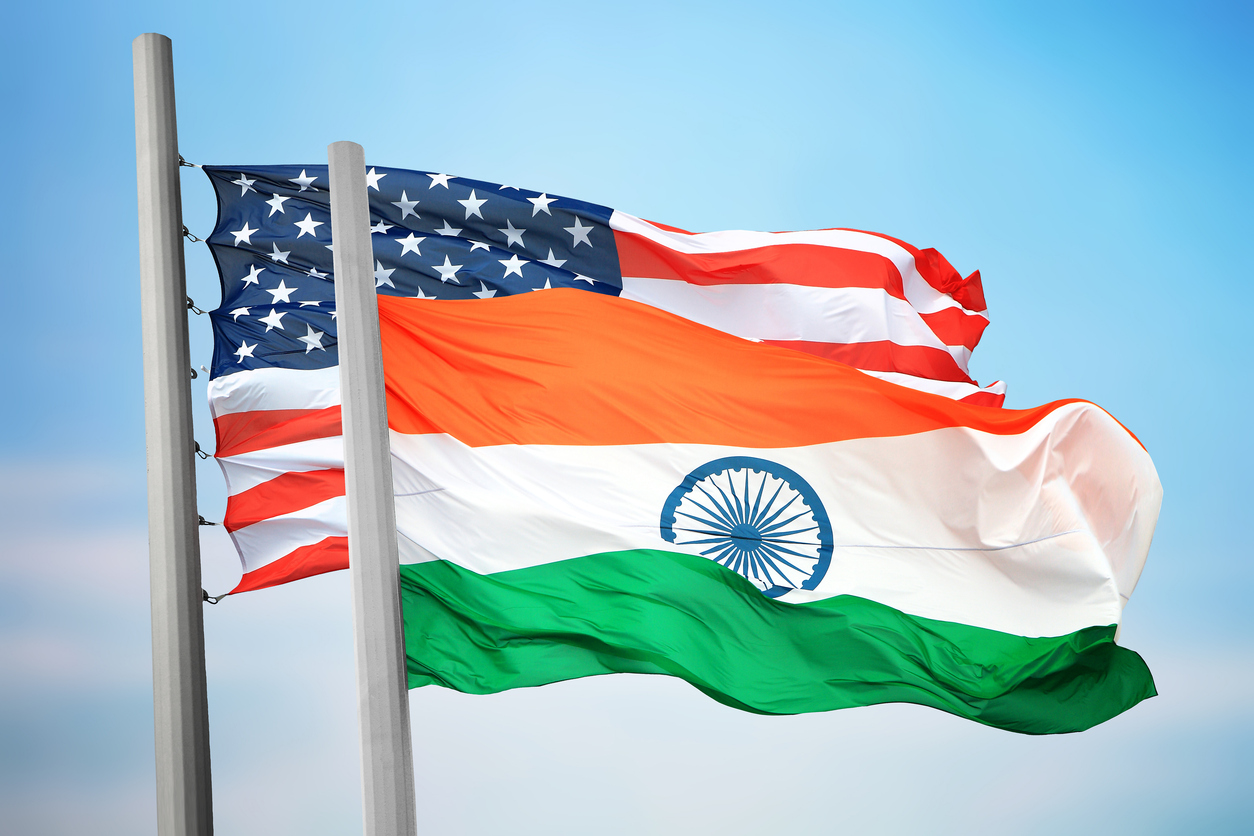
July 10, 2025
Commerce Department Special Secretary Rajesh Agrawal confirmed discussions are underway and may resume in Washington as early as next week
The talks gain urgency as the US delays implementation of steep reciprocal tariffs until 1 August to allow room for negotiation
India has so far excluded sensitive agricultural items from the deal, despite US pressure to include them
Indian negotiators are seeking lower tariffs for key sectors like textiles, leather, and auto components

India and the United States are intensifying efforts to finalise a bilateral trade agreement, with high-level negotiations gaining momentum ahead of the looming August 1 deadline for US reciprocal tariffs. Rajesh Agrawal, Special Secretary at the Commerce Department and India’s lead negotiator, confirmed that the two countries are “trying to negotiate and finalise” a trade deal.
Speaking at a Confederation of Indian Industry (CII) event, Agrawal noted that India is not only focused on the US but also reviewing its engagement with ASEAN and other global trade partners as part of a broader integration strategy.
A team of Indian officials led by Agrawal is expected to travel to Washington as early as next week to resume talks. The discussions will focus on an interim trade deal and the first phase of the broader bilateral trade agreement, which both sides aim to conclude by autumn 2025.
The urgency of these talks has increased following the US decision to delay the implementation of steep, country-specific reciprocal tariffs, initially announced in April, until 1 August. The extension provides negotiators more time to reach a deal and avoid punitive measures. The original tariff list included a 26% duty on Indian goods. Still, India was notably absent from a recent set of 14 countries threatened with new tariffs, suggesting an open door for dialogue.
Under the Trump administration’s renewed trade agenda, formal warning letters were sent to 14 countries earlier this week, followed by letters to an additional seven. These letters threaten reciprocal tariffs ranging from 25% to 40%, aimed at encouraging countries to conclude trade deals with the US.
India and the US recently concluded a week of discussions in early July, during which both sides exchanged offers. Indian negotiators have resisted US attempts to include politically sensitive agricultural items in the deal, instead pressing for reduced tariffs on sectors such as textiles, leather, and automotive components, areas crucial for India’s export economy.
President Trump remarked earlier this week that the US is “close” to signing a trade agreement with India, but did not provide a specific timeline or further details. The next round of talks in Washington is expected to be a critical step toward shaping the final contours of the agreement.
Source: Business Standard